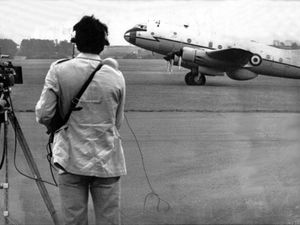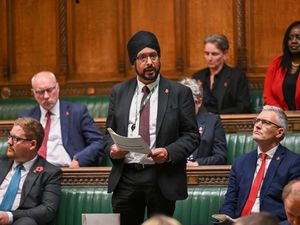Express & Star Comment: Crisis calls for special measures
The shortage of trained staff in the NHS is an issue that the Government has repeatedly failed to address.
Earlier this year it was revealed more than 80,000 posts were vacant across the country, a rise of 10 per cent on the figure for 2016.
Despite assurances from the Department of Health that more money is being invested in frontline staff, there is little evidence of this bearing fruit in our hospitals, GPs surgeries and walk-in centres.
There are many reasons for this shortfall.
More stories from the Express & Star
Low pay, relentless pressure and unappealing working hours have led to thousands of nurses leaving the profession in recent years.
The sad fact is that more people are leaving nursing than joining.
And in the absence of home grown staff, there is an increasing reliance on foreign workers.
With this in mind, it is hardly surprising that health chiefs are willing to go to great lengths to plug staffing shortages.
In Sandwell, for example, bosses are considering a scheme to train refugees and asylum workers to work in the NHS.
Around 100 of them have apparently been identified who could be clinically trained to perform roles in the local health service.
This is an idea that is likely to come in for criticism from some quarters.
However, it must be recognised that the ongoing staffing crisis is so acute that every possible solution must be explored.
Refugees and asylum seekers who already have a certain level of training may well be able to fill vacant posts in this region – providing a few vitally important factors are taken into consideration.
At the very least, any individuals who work in the NHS must have a decent grasp of the English language.
There is nothing that is likely to concern patients more than a staff member who cannot understand them.
There must also be thorough checks on the training levels and abilities of any new staff.
We have had instances in the past where NHS workers from foreign climes have been nowhere near the required standard.
In times of crisis, desperate measures are sometimes necessary.
It just may be the case that the skills of some refugees can be utilised to good effect in the NHS.





